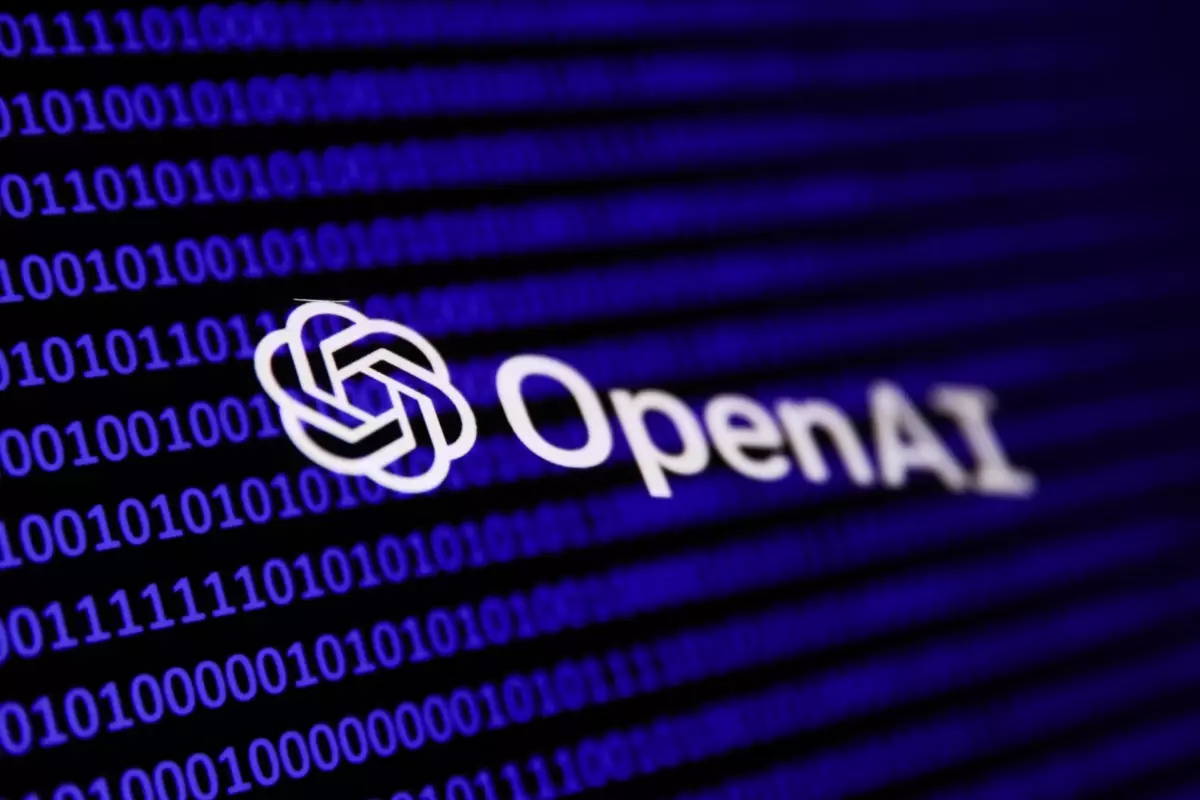The ongoing debate surrounding OpenAI’s transition from a non-profit entity to a for-profit organization has garnered attention from multiple stakeholders, with Meta, the parent company of Facebook, stepping into the fray. The implications of such a transition, especially within the competitive AI landscape, could redefine the dynamics of the tech industry, particularly in Silicon Valley.
Meta’s Concerns: A Letter to the Attorney General
Recently, Meta submitted a letter to California Attorney General Rob Bonta expressing grave concerns over OpenAI’s impending business model change. In its correspondence, Meta argued that allowing OpenAI to convert into a profit-driven entity could precipitate “seismic implications for Silicon Valley.” This choice of words signals not only a strategic move on Meta’s part but also an acknowledgment of the potential disruption that such changes can have on the framework of technology innovation and investment in the region.
Interestingly, Meta has aligned itself with voices like Elon Musk, who co-founded OpenAI but has since distanced himself from the organization. Musk, alongside former board member Shivon Zilis, is presented as a key figure capable of advocating on behalf of Californians regarding this contentious issue. Meta suggests that Musk and Zilis possess the qualifications necessary to represent these interests effectively. This coalition of interests points to an intriguing shift where former allies in the tech space are now at odds, each vying for their visions on ethical and profitable AI development.
The Financial Implications of Non-Profit to For-Profit Transition
Meta articulated concerns that if OpenAI’s new model is validated, non-profit investors could disproportionately benefit from the upside of for-profit operations while simultaneously enjoying government-mandated tax advantages. This proposition raises significant questions regarding the fairness and sustainability of profit-sharing mechanisms in the tech landscape. The ethical considerations surrounding financial incentives in AI development cannot be understated, particularly as the technology becomes increasingly intertwined with various sectors of society.
As OpenAI pivots to a for-profit structure, it faces growing competition from other tech giants, including Meta. This competitive tension is reflective of broader trends in the tech ecosystem, where innovation and monetization coalesce. The rivalry underscores the necessity for ethical considerations as AI capabilities expand and penetrate various markets. Stakeholders, including consumers and regulators, must remain vigilant to ensure that advancements in AI serve the collective interests of society rather than simply lining the pockets of a few corporates.
As the discourse around OpenAI’s transition continues to evolve, the implications extend far beyond immediate financial gains. The involvement of a major competitor like Meta not only highlights the intricate web of relationships within the tech sector but also underscores the urgent need for regulatory oversight on ethical AI practices. The outcomes of this debate will likely shape the future trajectory of AI development, forcing all players involved to consider not just profitability, but also the broader social responsibilities that come with such powerful technology.

